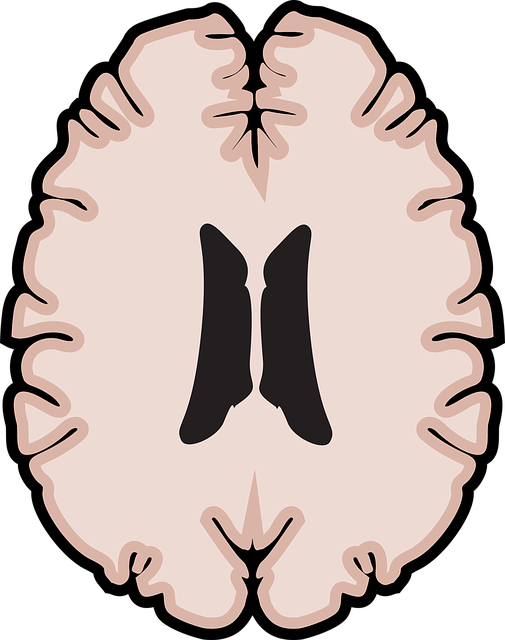Early recognition of depression through Longmont Obsessive Compulsive Disorder (OCD) Therapy is key to effective management. This approach offers evidence-based tools like cognitive-behavioral therapy, mindfulness, and stress management for symptom relief. Holistic strategies focusing on exercise, nutrition, sleep, meditation, yoga, positive thinking, and social connections complement OCD therapy and align with Mental Wellness Coaching Programs. Public awareness and community initiatives play vital roles in destigmatizing depression and providing support through resources like Longmont OCD Therapy, peer mentoring, and access to quality care.
Depression is a serious mental health condition affecting millions, but it’s preventable. Recognizing signs early is crucial. This article guides you through effective strategies to ward off depression, focusing on lifestyle adjustments, professional support, and accessible resources like Longmont Obsessive Compulsive Disorder (OCD) Therapy. Learn how small changes can make a significant impact on your well-being and reclaim control over your life.
- Recognizing the Signs and Symptoms of Depression
- Lifestyle Changes for Preventing and Managing Depression
- Professional Help and Support for Overcoming Depression
Recognizing the Signs and Symptoms of Depression

Recognizing the signs and symptoms of depression is a crucial first step in seeking help and preventing it from escalating. This mental health disorder can manifest in various ways, affecting one’s mood, thoughts, and behaviors. Common indicators include persistent feelings of sadness, loss of interest or pleasure in activities once enjoyed, changes in appetite and sleep patterns, fatigue, difficulty concentrating, and thoughts of worthlessness or guilt. If left unaddressed, depression can lead to a severe impact on daily functioning and even contribute to suicidal ideation.
Longmont Obsessive Compulsive Disorder (OCD) Therapy offers valuable tools for identifying and managing these symptoms. Crisis Intervention Guidance, such as cognitive-behavioral therapy, can help individuals navigate through intense emotions and distressing thoughts. Additionally, practicing Mindfulness Meditation has been shown to enhance emotional awareness and resilience, while effective Stress Management techniques empower people to cope with life’s challenges more adaptively. Early intervention and a comprehensive approach are key to preventing depression from taking control of one’s life.
Lifestyle Changes for Preventing and Managing Depression

Depression prevention strategies often begin with significant lifestyle changes. Regular physical activity, a balanced diet rich in nutrients, and maintaining a consistent sleep schedule can significantly impact mental health. Incorporating stress management techniques like mindfulness meditation or yoga into daily routines can also be beneficial. Longmont Obsessive Compulsive Disorder Therapy (OCD) centers emphasize the importance of these holistic approaches, aligning with growing Mental Health Awareness initiatives.
Fostering positive thinking and cultivating a sense of purpose are other critical components. Engaging in activities that bring joy and connecting with supportive social networks can enhance mental wellness. Developing these habits not only supports individuals in managing depression but also contributes to the overall well-being encouraged by Mental Wellness Coaching Programs.
Professional Help and Support for Overcoming Depression

Depression can be a profound and overwhelming experience, but it is treatable. Seeking professional help is a courageous first step in overcoming depression. Therapists skilled in conditions like Longmont Obsessive Compulsive Disorder (OCD) Therapy offer specialized support tailored to individual needs. Through evidence-based practices, individuals learn effective coping mechanisms and conflict resolution techniques to manage symptoms.
Public awareness campaigns play a vital role in destigmatizing mental health issues, encouraging people to seek help early. Additionally, promoting burnout prevention strategies within communities can help identify and address depression before it intensifies. Support groups, peer mentoring, and access to quality care contribute to a holistic approach, fostering resilience and improved well-being.
In the fight against depression, a multi-faceted approach is key. By recognizing signs early, adopting healthy lifestyle changes, and seeking professional support when needed – whether through therapy for conditions like Longmont Obsessive Compulsive Disorder or other mental health services – individuals can effectively prevent and manage this common yet treatable condition. Small steps can lead to significant improvements in overall well-being, empowering folks to live fulfilling lives free from the shadow of depression.














